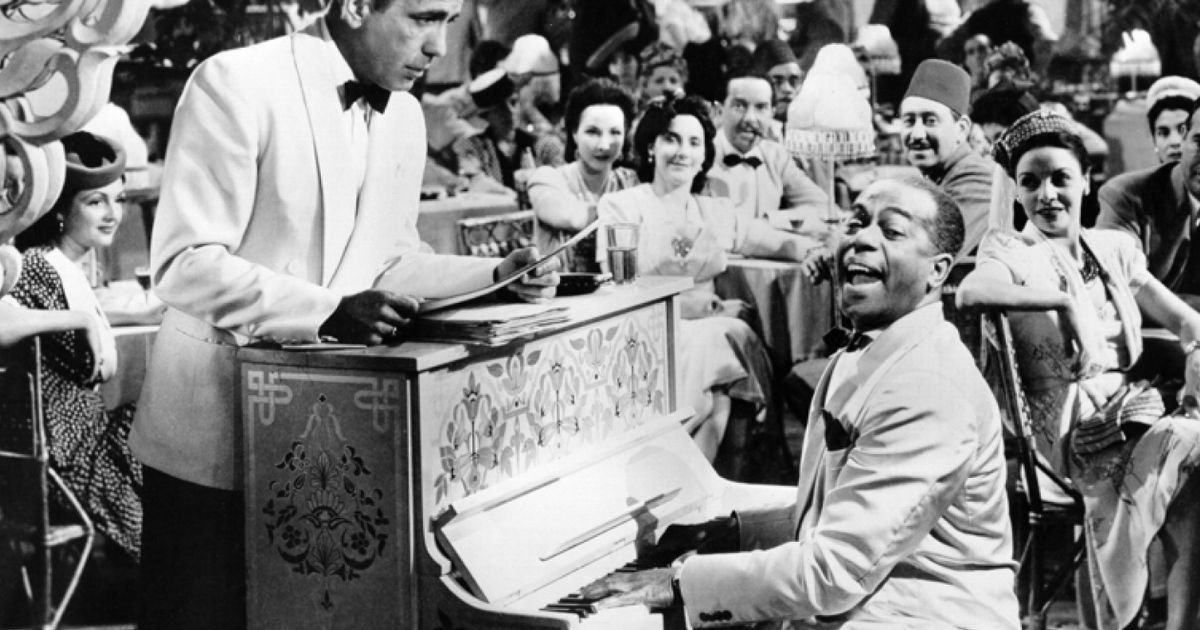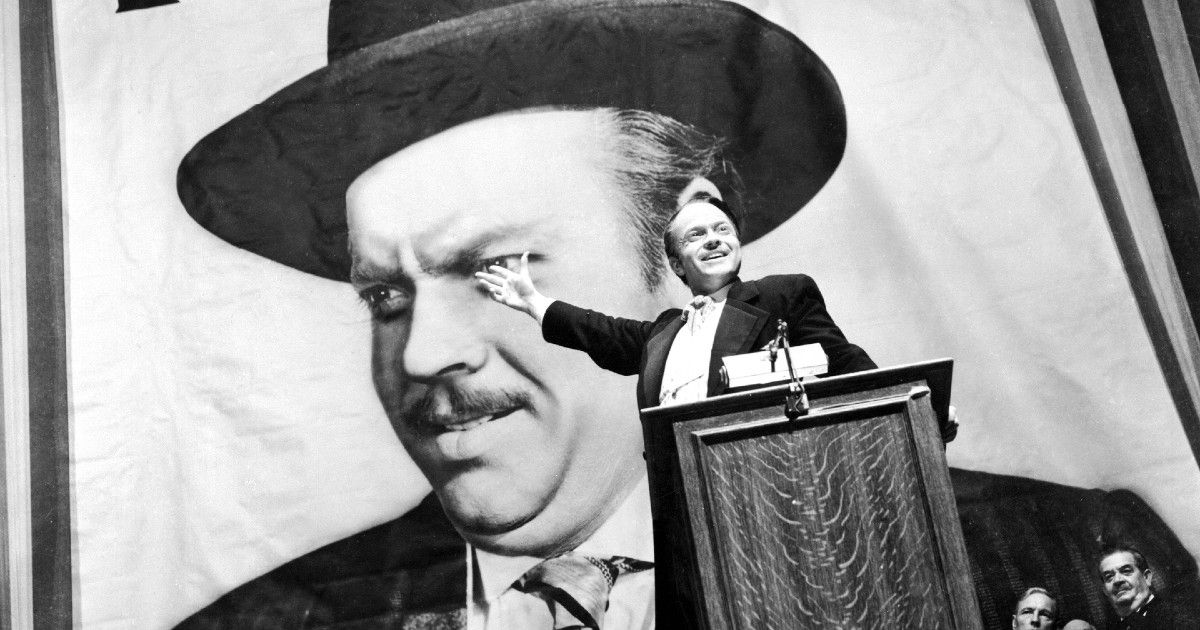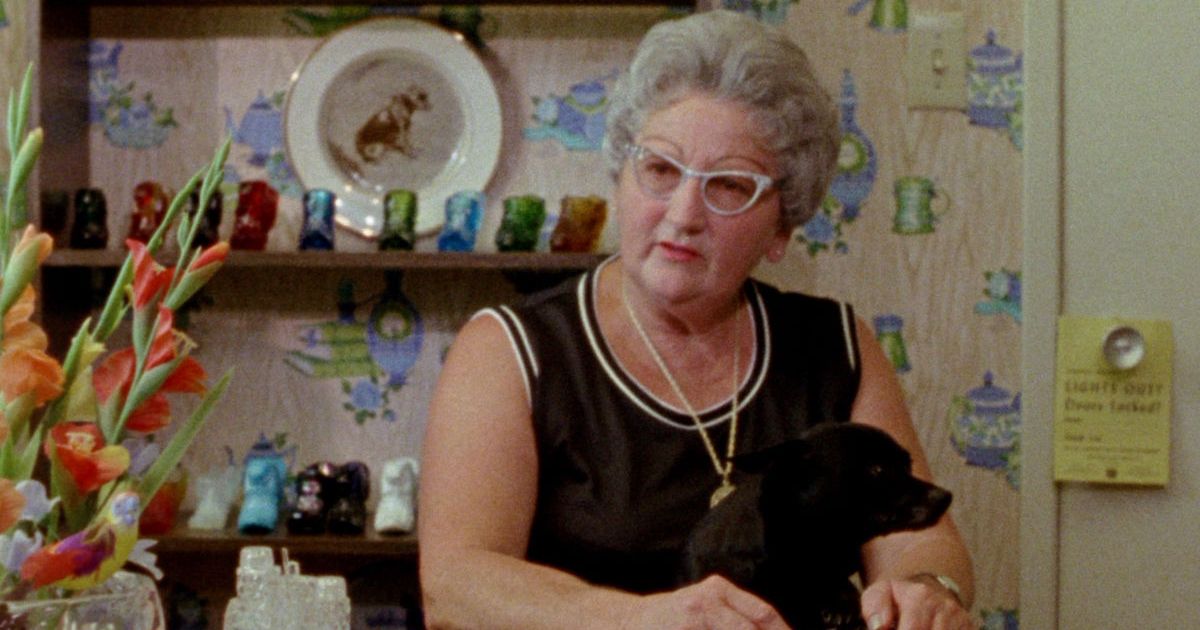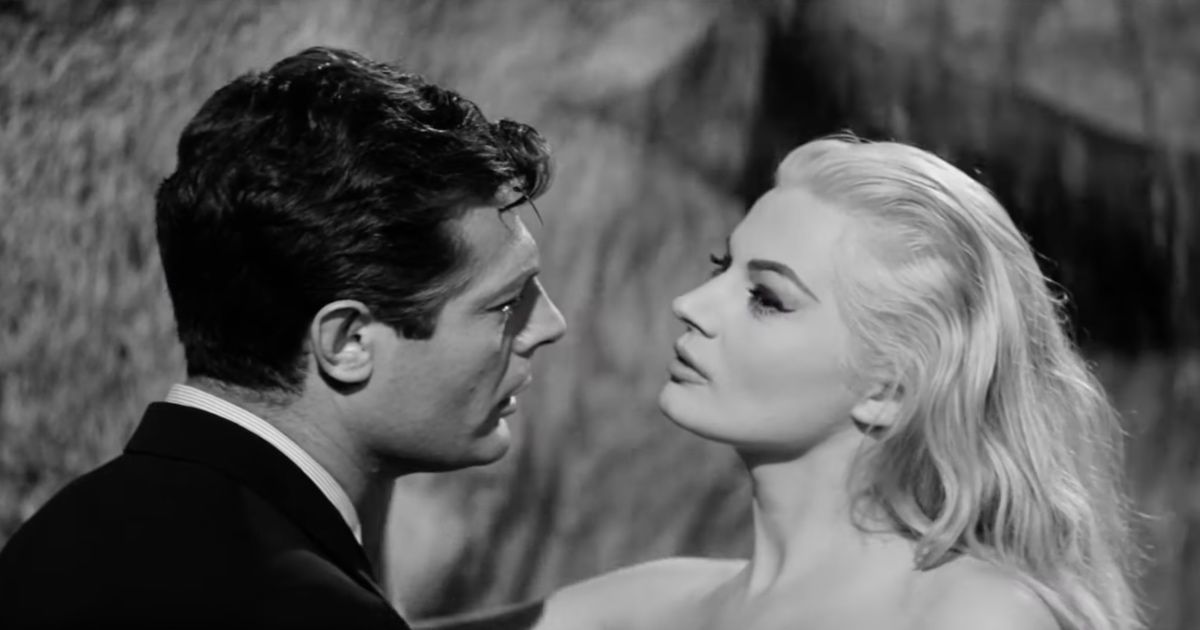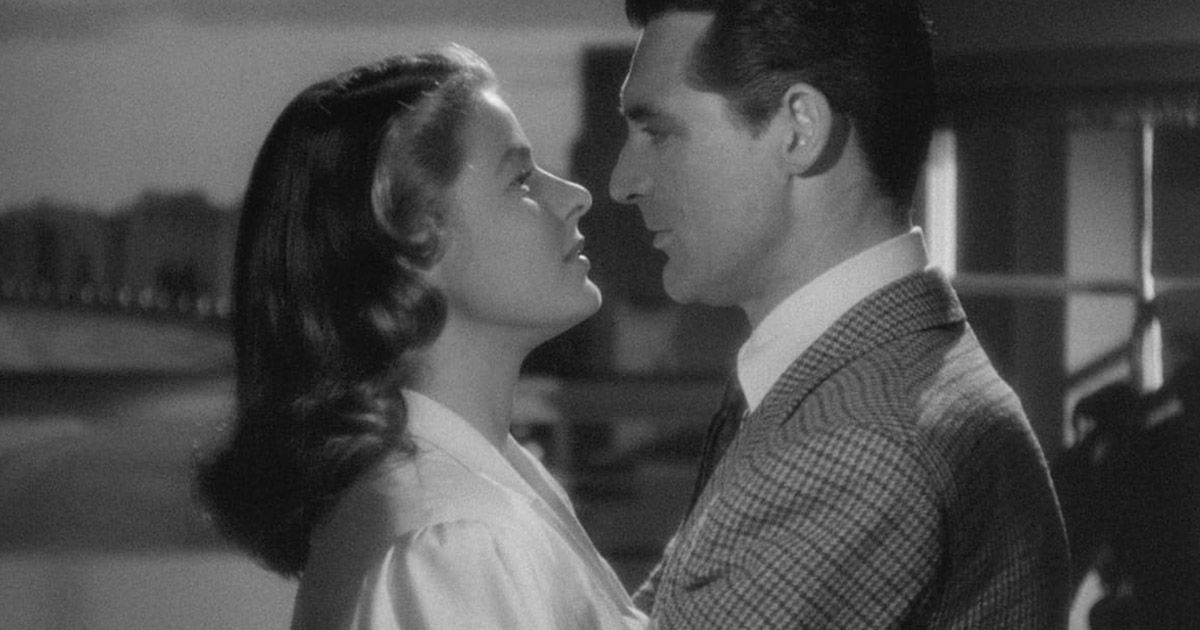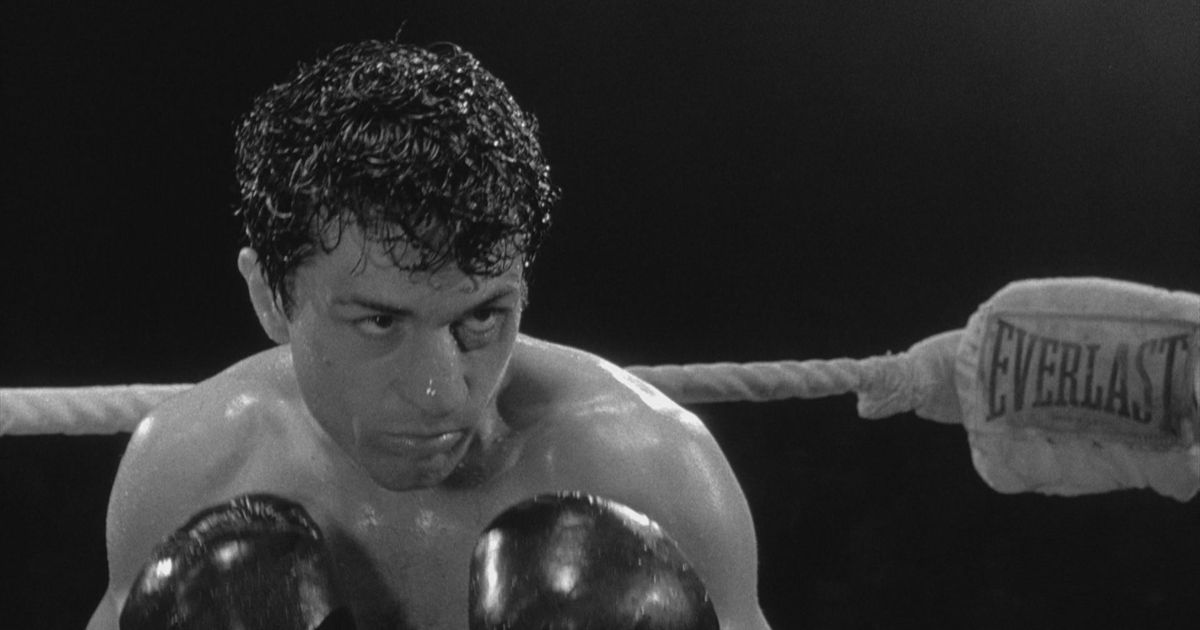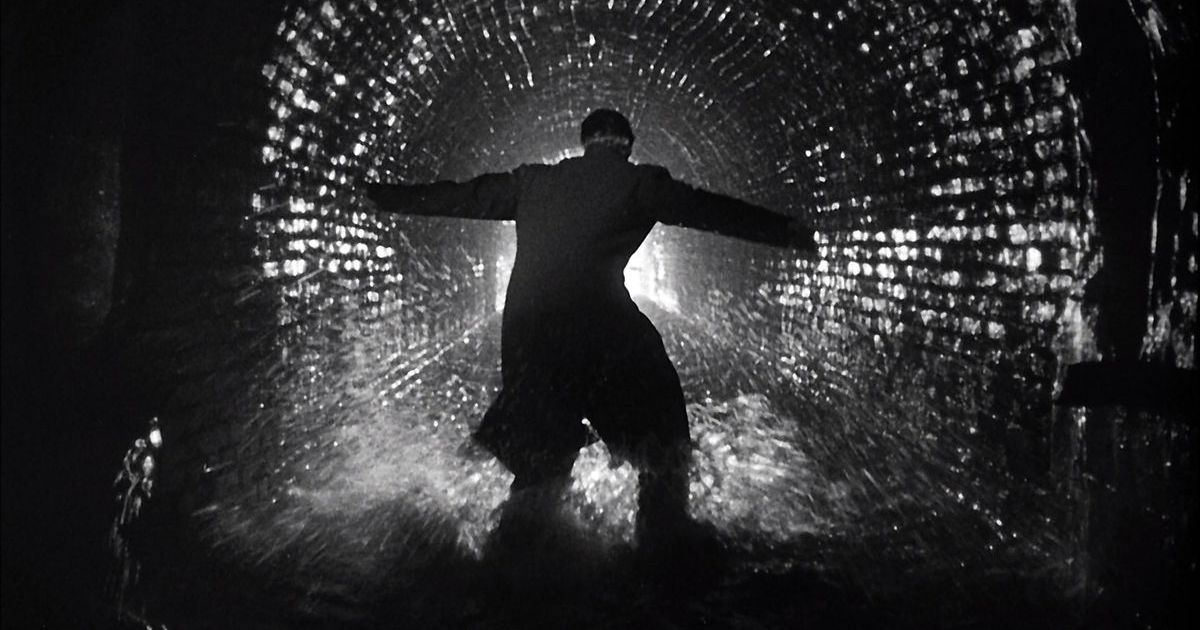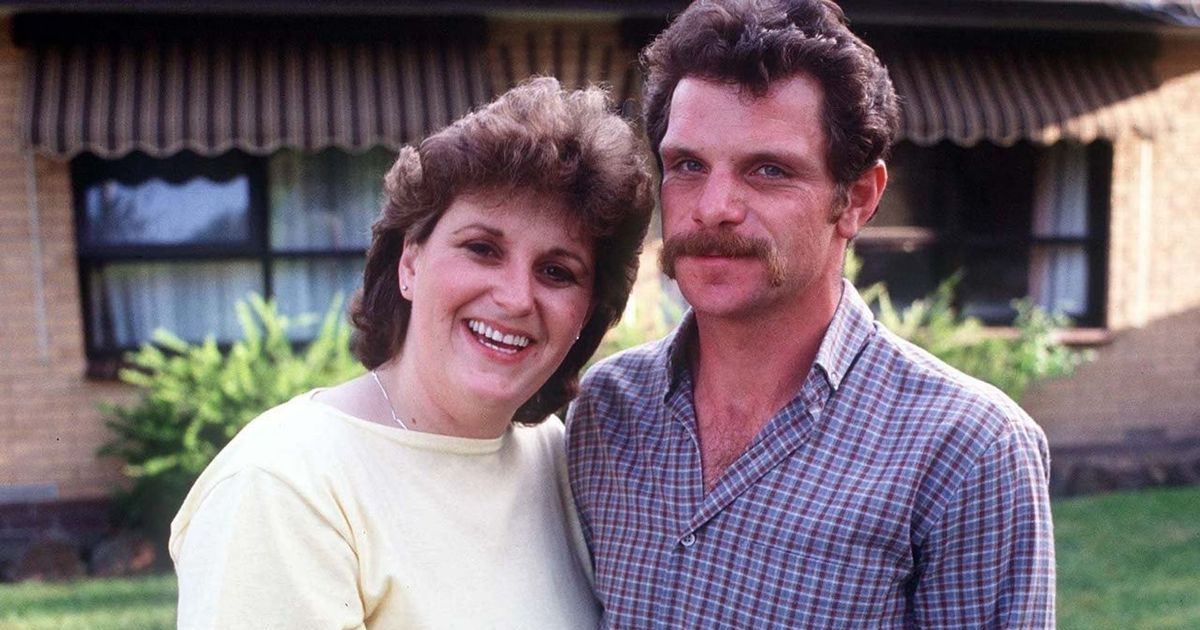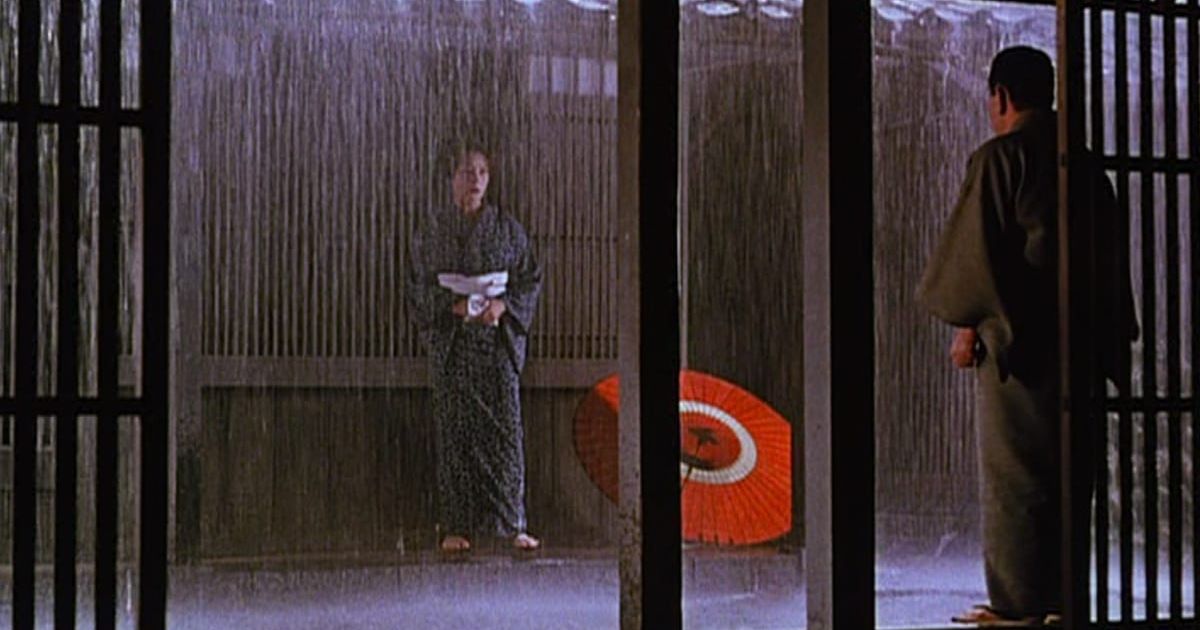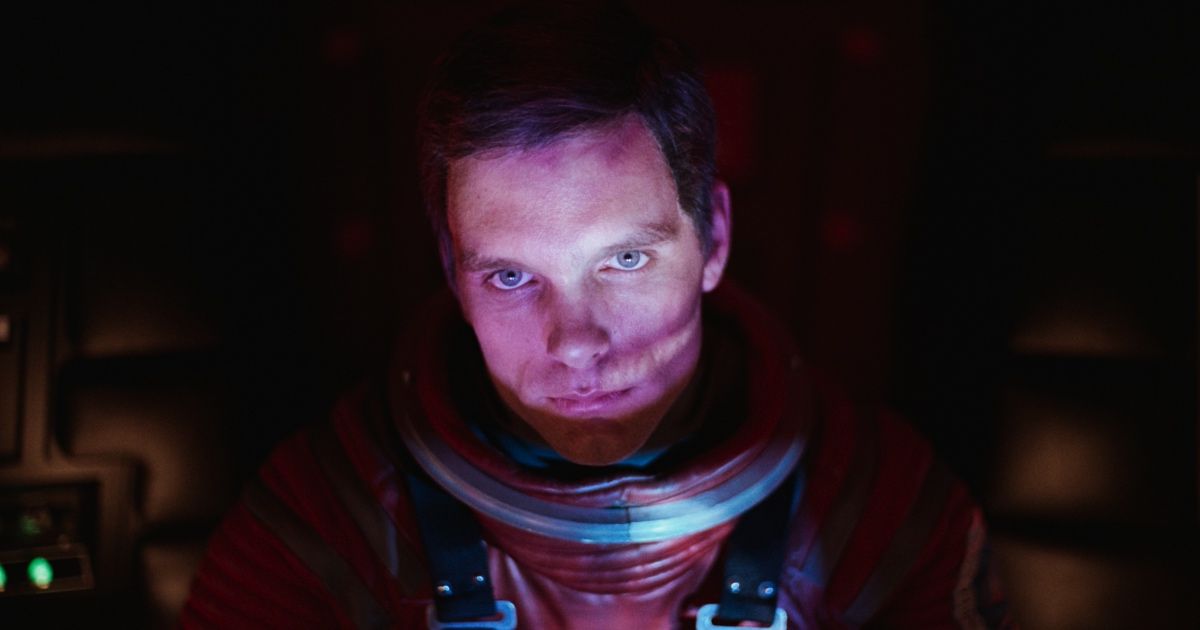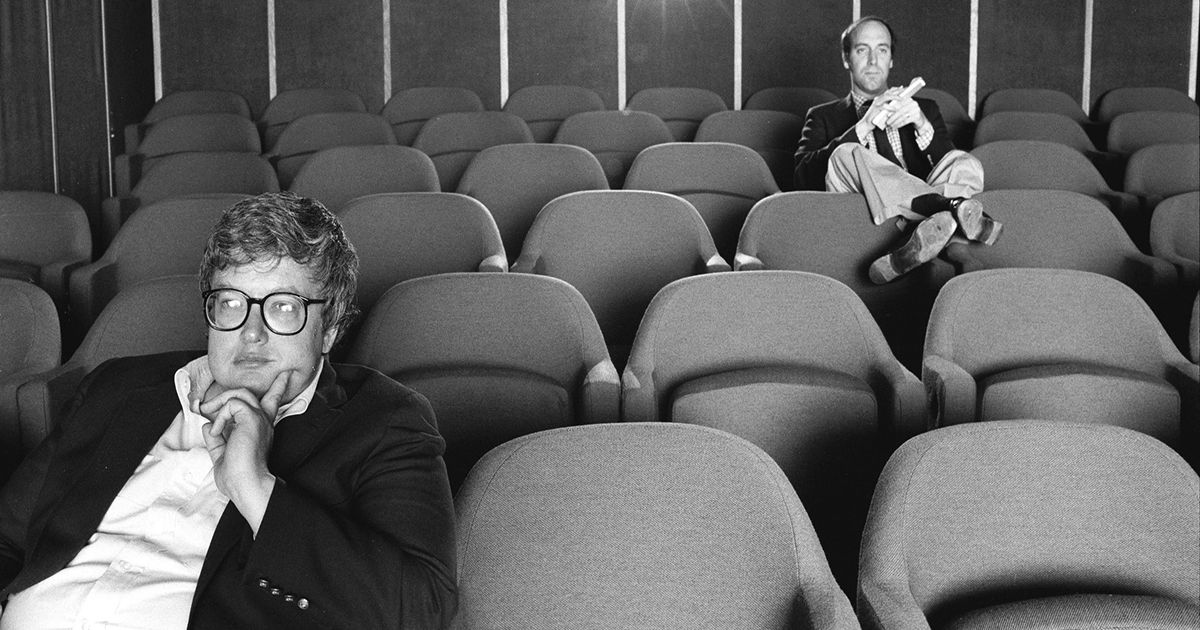There's a very good chance that if you're looking to become a film critic or writer, you were somehow influenced by Roger Ebert, the Chicago Sun-Times writing prodigy who spoke about films like no one else did. Forget scholars and the 'film Twitter' of high-class vocabulary but void of compelling arguments; Ebert was able to compile in a few paragraphs how you actually felt about movies, without forgetting he was actually acting as a journalist. He mixed subjectivity and objectivity in a risky environment, but almost always came out first. His behemoths of books are still part of some film buffs' households.
He's a part of popular culture whether you like him or not, and even more importantly, whether you agreed with him or not. He took film criticism to the mainstream with TV shows, books, and the inevitable rise of the Internet. Some of us who enjoyed the pinnacle of his career miss him dearly to this day.
He truly was the most important mainstream film critic, but not necessarily the best. It's still a matter of personal taste, just like the movies he loved. It's all subjective, but you can tell a lot about someone by understanding their favorite films. Ebert was very vocal about the list of what he considered to be the greatest films of all time. We can't imagine how hard it was to do just 10, when for many, putting together just the best of 2022 is a jarring process. But Roger accomplished it, with some tinkering here and there every couple of years. This was part of his introduction in the article:
If I have a criterion for choosing the greatest films, it's an emotional one. These are films that moved me deeply in one way or another. The cinema is the greatest art form ever conceived for generating emotions in its audience. That's what it does best. (If you argue instead for dance or music, drama or painting, I will reply that the cinema incorporates all of these arts).
These are Roger's choices for the 10 greatest films of all time in no particular order, as, like a parent with their children, Ebert didn't want to rank his favorites. You can watch our video on this very subject at the top of this page.
Casablanca
We figured it was impossible for him not to include the romance drama with a hint of war. He was very expressive when talking about Casablanca as being perfect in its narrative structure, and how it forms its arcs through now timeless tragedy and heartbreak. There's a reason why it's such an important classic, and Roger saw it clearly. From endlessly quotable dialogue to utterly romantic cinematography and acting, every second just feels perfect in this film, which has become a kind of mascot for classic cinema itself.
Citizen Kane
Call him literal or conventional, but Roger included what so many others have considered the best film ever made on his list — Citizen Kane. The Orson Welles drama changed film history through its beautiful rendering of power, corruption and family secrets being heavy enough to model you for your entire existence.
Its visual language is impressive, and even almost 100 years after it was released, there are still mysteries that can't be solved. The famed Sight and Sound Poll had Citizen Kane as the greatest film of all time for six decades before it was dethroned.
Gates of Heaven
This 1978 documentary by Errol Morris is one of Roger's picks that aren't widely known, but that doesn't mean you shouldn't run and pick up Criterion's version, released in 2015. It's a story about the business of pet burial and the people behind it, and how they deal with their own matters of existentialism. But it's about so much more, and Roger saw it for what it was. Shot in "Morris" style with no narration, only interviews and beautiful cinematography, Gates of Heaven is a simultaneously sad, happy, and weird film experience you won't forget.
La Dolce Vita
The Fellini pick for Roger's list has been questioned sometimes. People actually ask why 8½ wasn't his pick, when it's on everyone's lists. La Dolce Vita, with a beautiful characterization of emptiness in the streets of Rome, feels like a more emotional journey that ends up in the strangest way possible. Roger wasn't the bohemian, intellectual critic; he liked weird stuff, but he valued emotional resonance, as he stated in his piece, and this seemed to be the Fellini film with the most emotional impact on him.
Notorious
Notorious was Roger's favorite Hitchcock film. And once again, he drifts away from conventional, and usual picks in other lists (Vertigo and Rear Window would have been the obvious). This love story, set in times of war, is still beautiful and emotional. Ingrid Bergman shows up again in this list and confirms her status as a screen legend.
Raging Bull
Scorsese's films are ripe for best-of lists, and again Roger doesn't go for the same films people always pick (Taxi Driver, Goodfellas, Mean Streets, etc.). Raging Bull is a sports drama that tells the tale of real life boxer Jake LaMotta and how his life of excesses ended up breaking him and his relationship with family and friends.
Scorsese almost always depicts downfalls, but few feel this poetic. Roger always found a way to bring up this one when writing, and we're sure it's one of the reasons why people actually still see it to this day.
The Third Man
The Carol Reed-directed, Orson Welles-starring thriller is considered by many to be the ultimate film noir everyone should see. Roger heavily agreed with this. The Third Man, with exceptional cinematography and use of angles and light, is considered to be one of the greatest British films ever made.
28 Up
Roger loved documentaries, and it's perhaps the reason why another one shows up in the list when it isn't exactly widely known. This is part of the Up series of films that depicted the lives of British people from the time when they were seven years old, up until they get older. This is perhaps the lesser known film in the list, but it doesn't mean you shouldn't stop trying to see it.
Sure, 28 Up is only one of the films, but imagine going on a 1018-minutes cinematic adventure? The film series is truly one of a kind, following the individuals as they grow up over the past six decades, with the next film, 70 Up, likely to come out around 2026.
Floating Weeds
A film from Japan from the masterfully quiet Yasujiro Ozu, Floating Weeds is a compelling drama about family dynamics gone haywire when an artist comes home and must reconnect with his son who thinks he's his uncle. Roger was outspoken about his love for this 1959 film, and he was even included in a commentary track for the Criterion DVD. Floating Weeds is a patient masterpiece that exemplified Ozu's still camerawork, long takes, and Buddhist stillness.
2001: A Space Odyssey
The sci-fi Kubrick masterpiece couldn't be out of Roger's consideration. 2001: A Space Odyssey was perhaps one of the few titles that was never removed from his favorites. It's a no-brainer that Roger picked it as the appropriate film for expressing his love of both science and big, abstract ideas, and it's one of those films that, to this day, remains visually flawless. Perhaps the most defining film of its decade, the '60s masterpiece arguably introduced experimental film to mainstream audiences, and transitioned sci-fi into the modern era.
The Great Movies According to Roger Ebert
Along with listing his ultimate top 10, Ebert maintained a list of what he called 'Great Movies.' Throughout his career, he would occasionally revisit titles throughout the history of cinema and pinpoint occasional masterpieces with in-depth features on them, adding them to the collection. The list is long, diverse, and wonderful, with enough for just about one film a day, if you ever want to plan a year of great movies.
Of course, there are many films that you'd expect. Singing in the Rain, The Man Who Shot Liberty Valance, Persona, Shadow of a Doubt, Stagecoach, Shoah, Metropolis, The Red Shoes, Barry Lyndon, Rio Bravo, The Thief of Baghdad, The Double Life of Veronique, The Godfather, Dog Day Afternoon, Cool Hand Luke, and Through a Glass Darkly all of course make appearances in the lengthy catalog.
Ebert was always full of surprises though, and consistently added unique, obscure, or surprising title to the Great Movies. You wouldn't expect it, but after watching some of these films, you realize that Ebert is actually on to something and has a way of seeing what everyone else misses. In his writing, he showed you those very things so that you could see them too. Some of these unexpect films include:
Magnolia, The 25th Hour, The Spirit of the Beehive, Harakiri, After Hours, Baraka, The Silence, A Prairie Home Companion, La Belle Noiseuse, Withnail & I, Chop Shop, Souls for Sale, The Grey Zone, Eternal Sunshine of the Spotless Mind, Pink Floyd: The Wall, The Only Son, Pale Flower, Lost in Translation, Departures, The Match Factory Girl, Johnny Guitar, Diva, Heart of Glass, El Topo, Werckmeister Harmonies, Ripley's Game, Crumb, Dark City, The Dead, Leolo, The Terrorist, Groundhog Day, and The Big Red One.
Truly, Ebert was the rare anomaly who could balance mainstream appeal and total auteur obscurity without seeming like a populist or a snob. He was one of the greatest of all time, himself.


